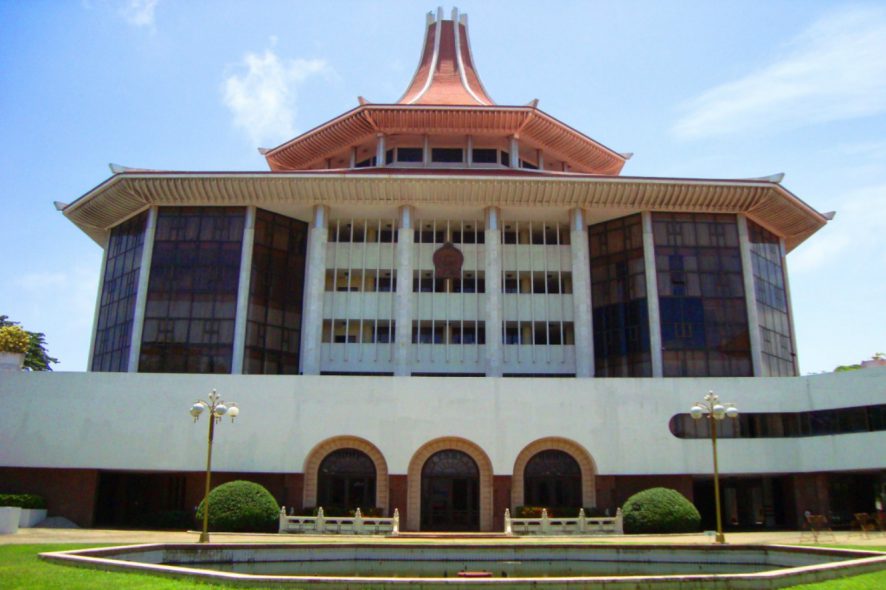Supreme Court of the Democratic Socialist Republic of Sri Lanka: Full Bench of Buwaneka Aluwihare, Vijith K. Malalgoda, and S. Thurairaja, JJ. allowed the appeal by setting aside the order of the Learned High Court Judge and directed the District Court to proceed to conclude the case.
In the present case, the appellant filed the case against the judgment of the High Court of the Western Province holden in Gampaha (also referred to as the ‘High Court’) in a Testamentary Case. The concerned parties had raised their objections on the Letter of Administration at the Testamentary Case which the 12th Respondent-Respondent-Appellant had obtained from the District Court of Negombo. The District Court had ordered to dispose of this matter on written Submissions of 06-10-1998. Since the original petitioner had died, his son was substituted in the above mentioned testamentary. The substituted petitioner had raised an objection with regard to the inventory and thus, made an application to re-inquire the matter orally. Later, the 12th Respondent- Respondent-Appellant objected and by order dated 01-03-2013 District Judge decided not to allow the fresh submissions.
Further, the Substituted Petitioner-Petitioner- Respondent appealed to the Provincial High Court of Gampaha. The appeal was allowed by the Civil Appellate Court. The question of law, is whether a substituted party in any action can deny the acceptance of the original party, also whether the substituted party can be estopped from taking a contrary position to the party. As per, Section 395 of the Civil Procedure Code Act, if the sole plaintiff has died the legal representative may be substituted by the court if the right to sue is still there. The pleas available to a Legal Representative was observed in an Indian Order, Gurdial Singh v. Gurdev Singh, 1991 SCC OnLine P&H 579. In the following case, it was held that in case of any dispute the legal representative has the right to continue the suit but he cannot claim anything which was not mentioned by the original plaintiff.
Thus, in the present case, it was held that the District Court’s order passed on 01-03-2013 is correct. Lastly, the Court ordered the Judge of the District Court to conclude this long-running case and the parties are directed to co-operate with the District Judge. [Kandiahpillai Shanmuganathan v. Kandiahpillai Vythilingam, 2019 SCC OnLine SL SC 13, decided on 11-09-2019]






